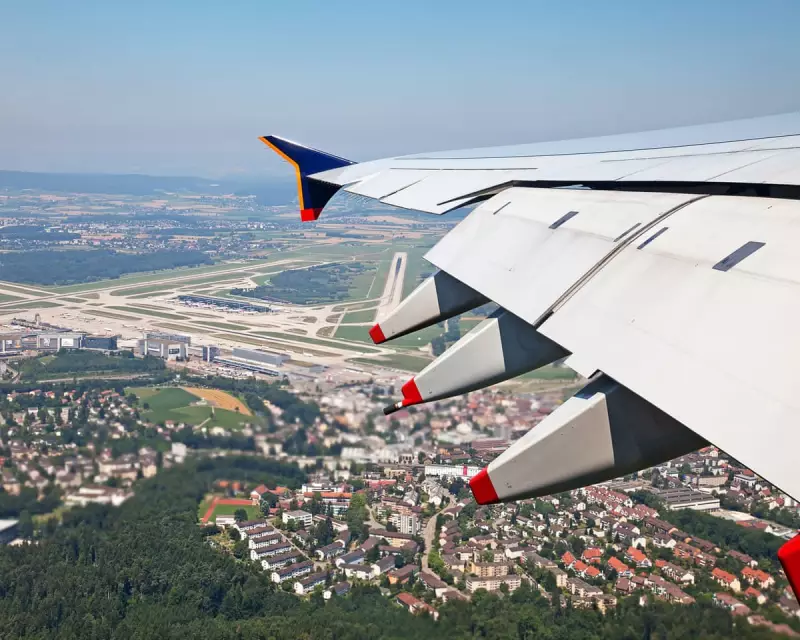
The ambitious dream of border-hopping across Africa with the ease of a European holiday is running aground, mired in a frustrating reality of exorbitant airfares, bureaucratic visa tangles, and infrastructural neglect. The African Union's visionary passport and free movement protocol, designed to mirror the EU's Schengen area, are failing to take off, leaving businesses, tourists, and the continent's economic integration ambitions grounded.
The Costly Sky: A Continent Divided by Airfares
One of the most prohibitive barriers is the staggering cost of air travel. Analysts highlight a shocking disparity: a flight from Abuja to Dakar, a journey of under two hours, can cost more than a ticket from Lagos to London, an eight-hour intercontinental trip. This absurd pricing, a result of protectionist policies, limited competition, and high taxes, effectively makes flying a luxury reserved for the elite, severing connections between nations and stifling intra-African trade and tourism.
The Visa Labyrinth: A Paperwork Nightmare
Beyond the sky, travellers face a bewildering patchwork of visa regulations. While some regional blocs like ECOWAS offer visa-free travel for citizens, the continent-wide ideal remains a distant promise. The process for many is a time-consuming and expensive ordeal, often requiring applications to be sent to embassies in different countries. This complex web of red tape discourages the very movement the African Union seeks to promote.
Infrastructure and Policy: The Grounding Reality
Compounding these issues is a chronic lack of transport infrastructure. Poor road and rail links between many nations make flying the only viable option for long-distance travel, further exacerbating the airfare crisis. Simultaneously, a lack of political will and slow implementation of agreements like the African Continental Free Trade Area (AfCFTA) mean grand policies are yet to translate into tangible change on the ground.
The Ripple Effect: Economy and Integration Suffer
The consequences are severe. The high cost and difficulty of movement directly hamper business expansion, deter investment, and limit the growth of a pan-African tourism industry. It prevents students, academics, and artists from collaborating freely, ultimately fragmenting the continent and undermining the core principles of unity and shared economic prosperity.
The vision of a seamlessly connected Africa is not yet dead, but its pulse is weakening. Without urgent, concerted action to liberalise air markets, harmonise visa policies, and invest in connectivity, the dream of a borderless continent risks remaining just that—a dream.





